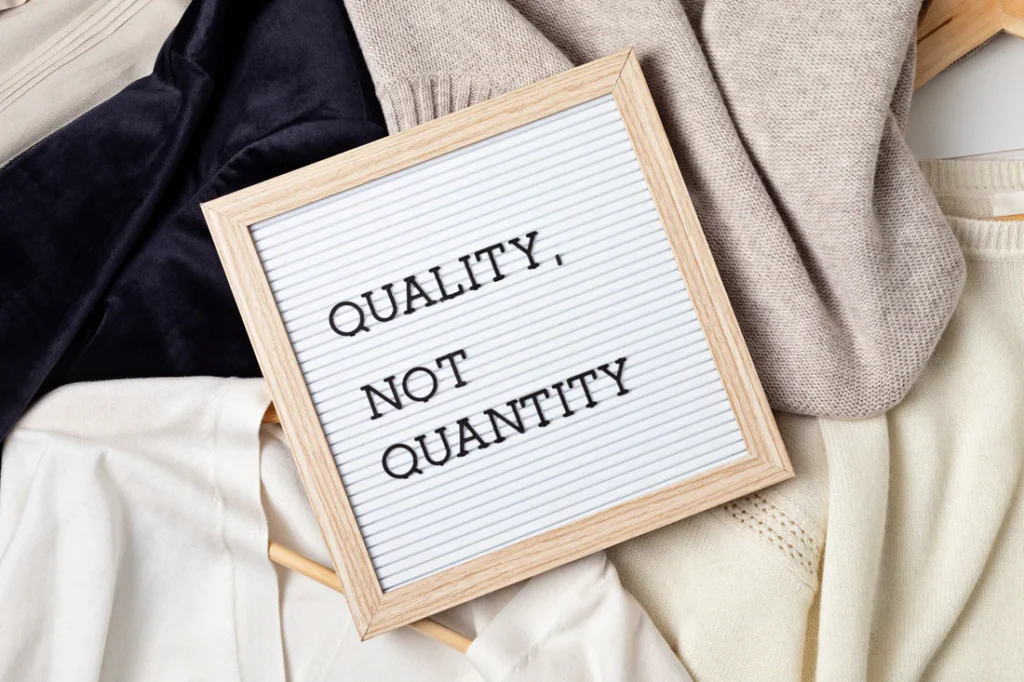In the ever-evolving world of healthcare, staying ahead requires more than just clinical expertise; it demands continuous learning, collaboration, and networking. Medical conferences serve as the nexus of innovation, knowledge exchange, and professional development for healthcare professionals. They provide a platform where the brightest minds come together to share breakthroughs, discuss challenges, and build partnerships that shape the future of medicine.
This comprehensive article explores what medical conferences are, their multifaceted significance, and how they serve as indispensable tools for healthcare professionals striving to excel in a dynamic industry.
What Are Medical Conferences?
Medical conferences are organized gatherings where healthcare professionals, researchers, industry experts, policymakers, and students convene to discuss advancements in medicine, healthcare technologies, and practices. These events can vary in scope and format, from small, focused workshops to large international summits.
Key Characteristics:
- Audience: Physicians, nurses, allied health professionals, administrators, and researchers.
- Format: Lectures, panel discussions, poster presentations, workshops, and hands-on training.
- Frequency: Annual, biannual, or topic-specific events.
- Focus Areas: Medical specialties (e.g., cardiology, oncology), public health, medical technology, or interdisciplinary themes.
The Core Importance of Medical Conferences
a. Knowledge Dissemination
Medical conferences are a gateway to the latest research findings, clinical practices, and technological advancements. They offer an unparalleled opportunity for healthcare professionals to stay informed about:
- New treatment protocols and clinical guidelines.
- Innovative surgical techniques and diagnostic tools.
- Emerging trends in disease prevention and management.
b. Networking and Collaboration
These events foster connections that transcend geographical and institutional boundaries. Networking opportunities include:
- Peer-to-Peer Interaction: Sharing experiences and best practices among professionals from diverse backgrounds.
- Research Collaborations: Facilitating partnerships for joint studies and projects.
- Mentorship Opportunities: Linking junior professionals with seasoned experts in their field.
c. Skill Enhancement
Workshops and hands-on sessions enable attendees to:
- Practice cutting-edge techniques under expert guidance.
- Gain certifications or accreditations.
- Enhance interdisciplinary understanding, crucial in modern healthcare.
d. Career Advancement
Attending and presenting at medical conferences elevates professional standing:
- Publishing abstracts or delivering presentations enhances visibility.
- Engaging with recruiters and industry leaders can open career opportunities.
- Learning about innovations keeps professionals competitive in their roles.
Benefits of Medical Conferences for Specific Stakeholders
a. Physicians and Clinicians
- Stay updated on evidence-based practices.
- Learn to integrate new technologies like AI in diagnostics or robotics in surgery.
- Exchange insights on patient care with global peers.
b. Researchers
- Present findings to a targeted audience.
- Collaborate with funding bodies or institutions for grants.
- Gain exposure to peer-reviewed critiques and suggestions.
c. Medical Students and Residents
- Access mentorship from leading professionals.
- Explore career paths in academia, clinical practice, or industry.
- Build early networks that support long-term growth.
d. Industry Representatives
- Showcase innovations, such as pharmaceuticals, medical devices, or software.
- Understand end-user needs and market trends.
- Forge partnerships with institutions or clinicians.
Types of Medical Conferences
a. Specialty-Specific Conferences
Focus on advancements in areas like cardiology, oncology, or pediatrics (e.g., the American College of Cardiology Annual Scientific Session).
b. General Medical Conferences
Cover broad topics in medicine, healthcare policy, and education (e.g., the American Medical Association Annual Meeting).
c. Technological and Innovation Forums
Highlight the integration of technology in healthcare (e.g., HIMSS Global Health Conference).
d. Regional and International Summits
Bring together professionals across borders to address global health challenges (e.g., World Health Assembly, European Congress of Radiology).
Why Networking at Medical Conferences Is Transformative
Networking at medical conferences is more than exchanging business cards—it’s about building meaningful connections that can lead to groundbreaking collaborations, mentorships, and lifelong professional relationships.
a. Expanding Professional Networks
Meet peers and experts who can provide guidance, share experiences, or co-author research papers.
b. Collaborating Across Disciplines
Cross-disciplinary connections foster innovative approaches, such as integrating bioinformatics into clinical research.
c. Gaining Global Perspectives
Engage with international professionals to understand healthcare challenges and solutions across different regions.
d. Personal Branding
Presenting at conferences enhances reputation and positions attendees as thought leaders in their field.
Challenges of Attending Medical Conferences
While medical conferences offer immense value, they come with challenges:
- Cost: Registration fees, travel, and accommodation can be prohibitive, especially for early-career professionals.
- Time Commitment: Taking time away from clinical or research duties requires careful planning.
- Information Overload: The vast amount of content can be overwhelming, necessitating strategic session planning.
Maximizing the Value of Medical Conferences
a. Pre-Conference Planning
- Review the agenda and prioritize sessions of interest.
- Identify key speakers or attendees to connect with.
- Prepare questions or topics to discuss during networking sessions.
b. Active Participation
- Attend a mix of lectures, workshops, and informal discussions.
- Take detailed notes for future reference.
- Engage in Q&A sessions to clarify doubts or share insights.
c. Post-Conference Follow-Up
- Connect with contacts on LinkedIn or via email.
- Share learnings with colleagues to reinforce knowledge.
- Apply new techniques or insights in practice or research.
The Future of Medical Conferences
a. Hybrid Models
Post-pandemic, many conferences now offer in-person and virtual attendance, expanding accessibility.
b. AI-Driven Personalization
AI tools are being used to recommend sessions, connect attendees, and facilitate tailored learning experiences.
c. Sustainability Focus
Conferences are adopting eco-friendly practices, from reducing printed materials to hosting carbon-neutral events.
d. Greater Inclusivity
Efforts are being made to include underrepresented regions, specialties, and voices, ensuring a more equitable exchange of ideas.
Conclusion: A Pillar of Professional Growth
Medical conferences are not merely events; they are dynamic ecosystems where learning, innovation, and collaboration converge. For healthcare professionals, they offer unparalleled opportunities to enhance knowledge, forge connections, and stay ahead in a rapidly advancing field.
In an industry where lives depend on expertise and collaboration, medical conferences remain an essential tool for progress. Whether you’re a seasoned clinician, an ambitious researcher, or a curious student, these gatherings hold the potential to transform your career—and by extension, the future of healthcare.



